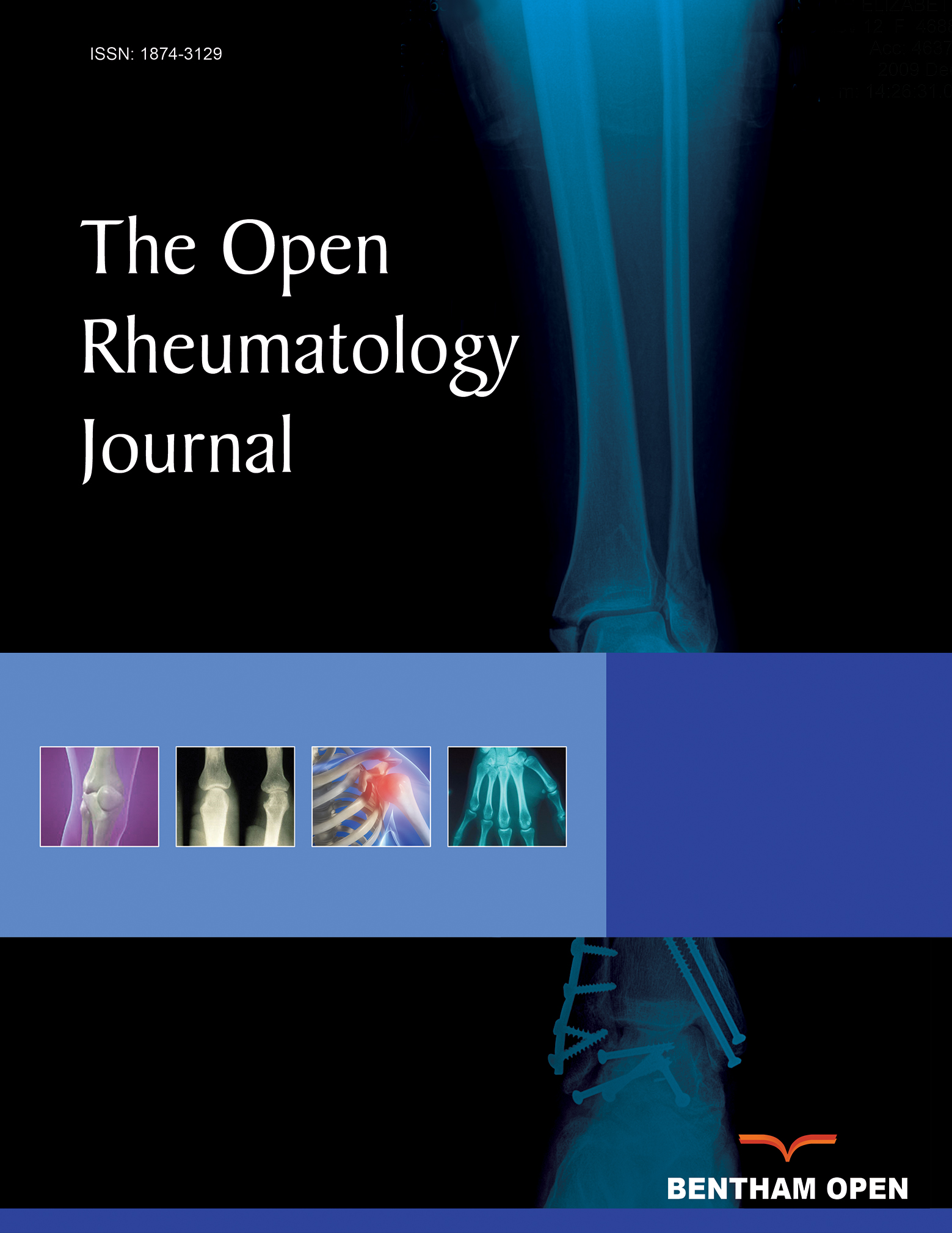All published articles of this journal are available on ScienceDirect.
Prevalence of Group A Beta-Hemolytic Streptococcus Oropharyngeal Colonization in Children and Therapeutic Regimen Based on Antistreptolysin Levels: Data from a City From Southern Brazil
Abstract
The aim of this study is to determinate the prevalence of oropharyngeal colonization by group A beta-hemolytic Streptococcus (GABHS) in pediatric population of Ponta Grossa, a midsize city of southern Brazil; estimate the effectiveness of antistreptolysin-O (ASO), compared to culture, in presence of infection; and design an unpublished investigative algorithm of rheumatic fever's suspicion, based on needs identified in worldwide consensus. It is an epidemiologic, observational and transversal study, involving 180 children younger than 12 years. Secretion of posterior oropharynx was collected for culture; and peripheral blood for determination of ASO. Student-t and chi-square tests, with Yates correction, were performed for statistical analysis. The ASO cutoff was determined by Receiver Operating Characteristic (ROC) curve. The prevalence encountered was 3.9%, and 25.5% of the children showed reagent ASO. This serological test demonstrated quantitatively and qualitatively significant associations to the GABHS presence (p=0.0001 for both associations) throughout the ROC curve, 200 U Todd was the value that resulted in the best accuracy, demonstrating 100% of sensibility and 80% of specificity in the GAS infection documentation. Also, it was found that the value of 1.200 U represents a specificity of 100%. The results emphasize the need for similar studies in other populations, to provide better targeting of the diagnosis and treatment of oropharyngitis by GABHS, which in turn can prevent up to 80% the cases of rheumatic fever, and consequently, the chronic rheumatic heart disease.


